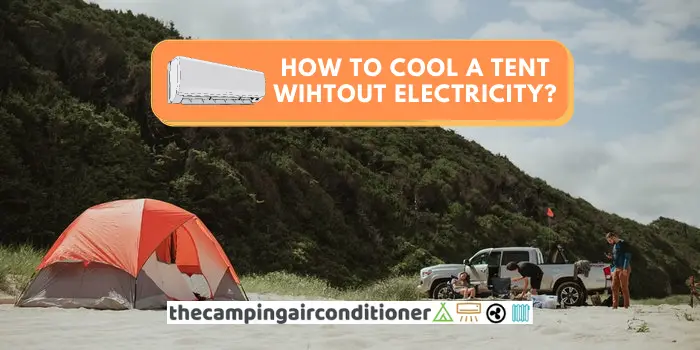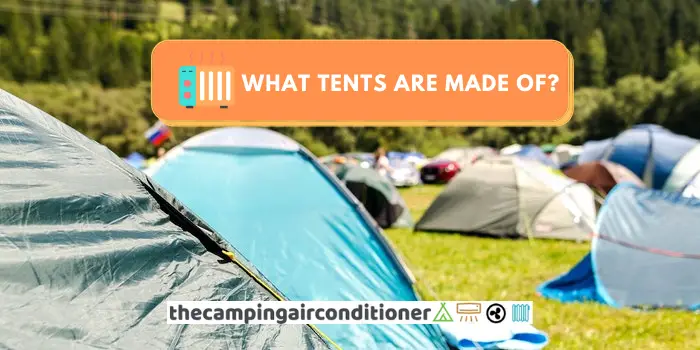Gas stoves, including butane and propane, are excellent options for off-grid campers. They provide cooking flexibility, have flame control mechanisms, have plenty of fuel availability, are extremely safe, and produce no fumes.
If you have a butane model, you probably have wondered or heard another camper telling you that can you use both gases in your equipment. So, ultimately, can you use propane in a butane stove?
The answer is yes, in theory, you can! However, you must have a suite of specific adapters (Lindal valves and hoses) and fittings to use your stove safely, and even so, they might not have optimal performance, increase fuel consumption (i.e. bad flames – aka yellow flames), and introduce carbon monoxide poisoning risks.
Let’s keep discussing the similarities and difference between these two gases, and understand the impacts of using them interchangeably.

Propane and Butane - Similarities and Differences
Propane and Butane - Similarities
Butane and propane are a derivative of petroleum and a form of liquified petroleum gas (LPG). Both gases are widely used for commercial purposes and widely used by campers not only for cooking but also for camping heaters.
They both have high amounts of carbon particles in their composition and have excellent flammability features. However, they also have some discrepancies – let’s explore them below.
Propane and Butane - Differences
Even though both gases come from the same source, they have different characteristics in many ways. We recently wrote a blog post and undertook a detailed comparison between propane and butane for camping stoves – read it for a thorough explanation.
In summary, the major differences are:
- Boiling point – Butane has a much higher boiling point (-1°C) than propane (-42°C), which means butane is not ideal for camping in freezing conditions.
- Heating output – Butane releases slightly more heat per pound than propane, but the difference is not significant.
- Weight – Propane is less dense than butane, but because it is stored under pressure and requires more robust bottles, its canisters are heavier.
- Storage – Overall, Butane has more storage needs than propane (no exposure to the sun and temperature control).
- Costs – Since they are petroleum derivatives, their prices fluctuate following oil commodity prices. However, propane is generally cheaper than butane in the US.
- Cooking – Butane is approximately 12% more efficient than propane.
Why you shouldn't use propane in a butane stove?
As you have seen, even though both gases are good options for camping cooking, they have significant differences that make butane stoves and propane devices different equipment with different internal mechanisms to facilitate combustion.
If you use them interchangeably, you might face bad functioning. Butane stoves are regulated and engineered to burn the fuel that takes its name, meaning that its valves precisely regulate the amount of oxygen required to burn it properly.
Propane requires more oxygen than butane for complete combustion, and when it is used in a butane stove, its combustion is only partial. There are many problems and signs associated with this partial process, such as:
- Yellow flame, which is a clear sign that your burner is not being supplied with enough air
- It also indicates an increased release of monoxide carbon (CO), which is dangerous and toxic and might lead to poisoning.
The biggest concern around CO is that it is odorless and colorless. You can get poisoned without noticing, especially if you are cooking in a closed environment, such as inside your tent.
Among the signs of CO poisoning, we highlight:
- Nausea
- Headache
- Vomiting
- Shortness of breath
If you experience any of these symptoms while using your gas camping stove, turn it off immediately and ensure plenty of ventilation in your camping kitchen (or simply leave the enclosed area and go outdoors).
Overall, we do not recommend using gas stoves inside your tent, and we have written an article on how to use them in your shelter if you have no choice (i.e. in case of terrible weather outside).
Are there any stoves that can run from both propane and butane (dual fuel stoves)?
Yes, there are. They are specifically designed to allow the use of both gases and run on them perfectly. Our recommendations are Gas One Propane and Butane Stove (budget-friendly) and Grill Boss Dual Fuel Camping stove.
Gas one comes with many built-in safety mechanisms, such as the Pressure Sensor Cartridge Ejection System And Gas Flow Cut Off Mechanism (Butane). As for size, we recommend at least 8,000 Btu to allow for proper cooking.
GasOne dual fuel camping stove
Grill Boss outdoor is another excellent option that comes with gas shutoff mechanisms inc case inaccurate gas flow is identified.
Grill Boss Dual Fuel Camping stove
Can I use a propane-butane adapter in my stove?
As discussed above, we do not recommend using them since you might face malfunctioning and expose yourself to many risks that are not worth assuming, especially considering the low investment in a dual fuel model (below $50!)
When should I use propane or butane?
Well, each fuel comes with benefits and drawbacks. Overall, we recommend the following:
- Propane stoves will work better during harsh winter conditions because of its lower boiling point.
- Backpackers and hikers broadly use butane stoves because of the weight of butane canisters (they are considerably lighter than propane cylinders).
However, to pick one, you should also consider availability, costs, and storage requirements before making your choice.
Conclusion
Even though some campers use adapters to use propane in butane stoves, we are against this approach because of our safety concerns.
We believe that the investment of having a dual fuel stove or simply having a butane and a propane stove outweighs the benefits of using these adapters, given the risks of malfunctioning, explosion, and CO poisoning.







